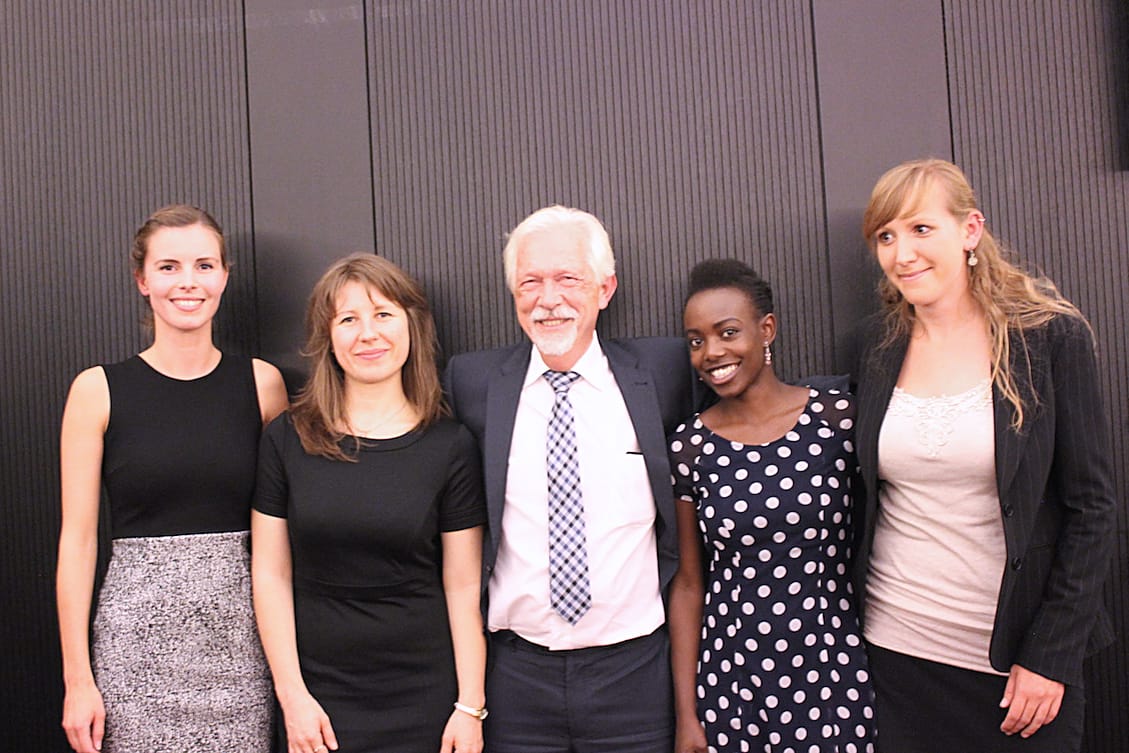Patients with Dissociative Identity disorder (DID) have problems in retrieving specific memories from their personal past. Interestingly, this overgeneral memory retrieval does not differ between patients’ multiple identities.
When dr. Nina Hansen travelled to Ethiopia last spring to conduct field research, students Marloes Huis, Josefine Geiger, and Aline Voss had the opportunity to accompany her. In this blog Nina, Marloes, and Josefine briefly describe the elaborate process of conducting field research in a very different culture and the challenges that were encountered.
Searching for the brain parts for specific cognitive capacities is a hot topic. But how much will this tell us about cognition? The key to cognition lies in the interaction between various processes rather than in a specific component for each function.
Imagine you are having lunch with legal experts. You don’t understand a word of what they are talking about. Are you afraid to make a fool of yourself? Or do you dare to ask a stupid question and see what happens? Be surprised!
Is chewing gum a cognitive enhancer or should it be banned from schools? Research indeed provided evidence that chewing gum improves aspects of cognitive functioning, however, the detrimental effects on cognition are often neglected.
Habits are hard to change, as illustrated in Plato’s quote that “The first and best victory is to conquer self”. Mindfulness meditation has begun to be studied as a way to counteract detrimental mental habits. We examined whether mindfulness would delink the relation between alcohol impulses and alcohol use.
Should you expect an academic lecture or a movie when you take a seat in a theater of a local cinema in Groningen? Psychology students will have to stay alert; you never know what will happen.
Every quarter, we share articles published in the BCN Neswletter and we are happy today to share a story written by Elouise Koops on the Avril McDonald Memorial Fund that is organised by Rosalind Frankling fellows from the RUG. This year, four PhD students and brilliant starting scientists received this award.
The latest BCN Neswletter was out last week and we are thrilled to share with you an interview with one of our very own. Linda Geerligs did her PhD in the Psychology Department with Prof. Monicque Lorist and now works at the University of Cambridge, in England, on ageing. Robin Mills talked to her about her research, past and present; the challenges of being a researcher; and her goals as an academic.
With the opening of the academic year 2014-2015, the Faculty of the Behavioral and Social Sciences (BSS) celebrated its fiftieth anniversary. The presentations were a tour de force through the past, present, and future of our academic life.










